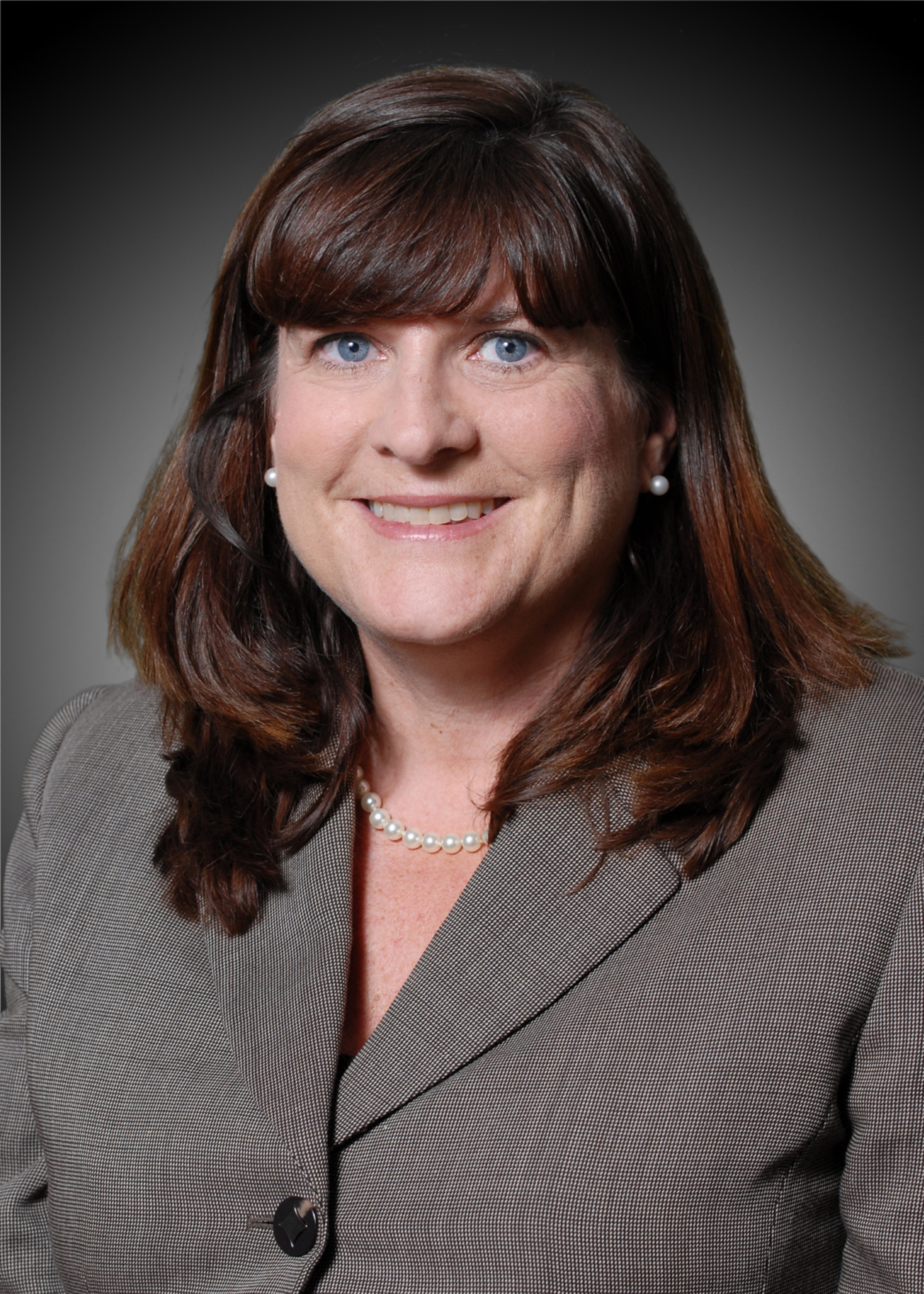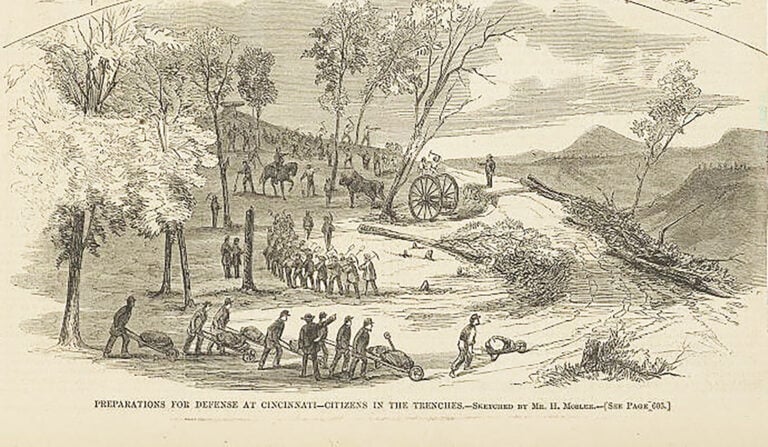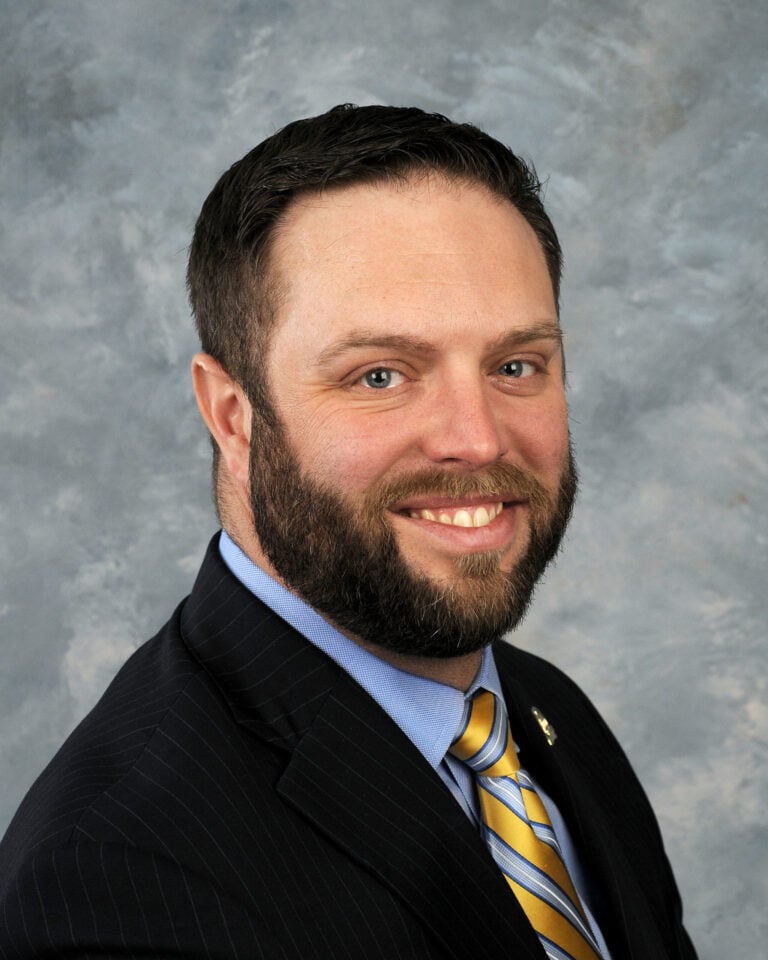
By Trey Grayson, President, Northern Kentucky Chamber of Commerce
Dr. Dale Scalise-Smith, Dean, Northern Kentucky University College of Health Professions
Rosanne Nields, Vice President, St. Elizabeth Healthcare
Where you live can influence how well and how long you live. Factors that affect health stretch far beyond the confines of a doctor’s office or hospital room. Health is impacted by the places that we live, work and play.

In Northern Kentucky, our ultimate goal is to have thriving people living healthy lifestyles in a vibrant community. But what does that mean?
We know that good health depends on many things—including education, income, health choices, food and nutrition, the climate and the environment. Medical care is part of the puzzle as well.
Thus, to impact health, we need to look at our community from a wider lens, to dig a bit deeper. For example, policies to improve education that prepare children for kindergarten and future success in school impact future graduation rates, which in turn impact health.
Complete streets policies, which have been adapted by five Northern Kentucky cities and one county, are designed to make commuting safe by a variety of modes of transportation, including bus, car, bike and by foot. Having the option of being active while going from one place to the next can make our community healthier.
Programs to improve job training and economic opportunity can increase income mobility for Northern Kentuckians, which in turn, improves health. Gateway Community College’s Enhanced Operator Program, which ensures that students have the skills local advanced manufacturing companies need, and Northern Kentucky University’s Advanced Bachelor of Science in Nursing program, which provides the opportunity for individuals with degrees in other fields to transition to nursing, are two such examples.

Suddenly, this health plan seems like a plan for everything, doesn’t it?
Fortunately for us in Northern Kentucky, a variety of experts have come together and aligned initiatives to improve health. The Northern Kentucky Health Steering Committee, which includes representatives from the Northern Kentucky Chamber of Commerce, Northern Kentucky Health Department, Northern Kentucky University, St. Elizabeth Healthcare, Skyward and United Way of Greater Cincinnati, is charged with guiding the process.
The recently released Community Health Improvement Plan for Northern Kentucky: 2016-2020 outlines the strategies necessary to impact three priority health outcomes for our region: obesity, heart disease and substance use disorders.
To make an impact on these measures, we’ll need to look at:
• Health behaviors: Are people able to make healthy food and drink choices? Can they be physically active each day? If they’re ready, is there help to quit tobacco?
• Health care capacity, access and delivery: Do those eligible have health care coverage? Do Northern Kentuckians have appropriate places to seek medical care? Can individuals struggling with mental health disorders or substance use disorders get the care they need?
• Policies, systems and environments: Can we use data to drive health care decision making? Are there enough health care workers to meet future needs? Can leaders speak together to policymakers to advocate for priority health issues?

The task of implementing these action items is large, but our region has two things working in our favor:
First, the ability to partner together to bring about change. While six organizations serve on the Northern Kentucky Health Steering committee, numerous residents and individuals from 175 organizations helped develop the Community Health Improvement Plan—and countless more will be engaged in its implementation.
Second, we have a sense of pride in this region that we call home. In a healthier community, our families, businesses and organizations will flourish—and that is the ultimate reward.
The three authors are members of the Northern Kentucky Health Steering Committee.

















